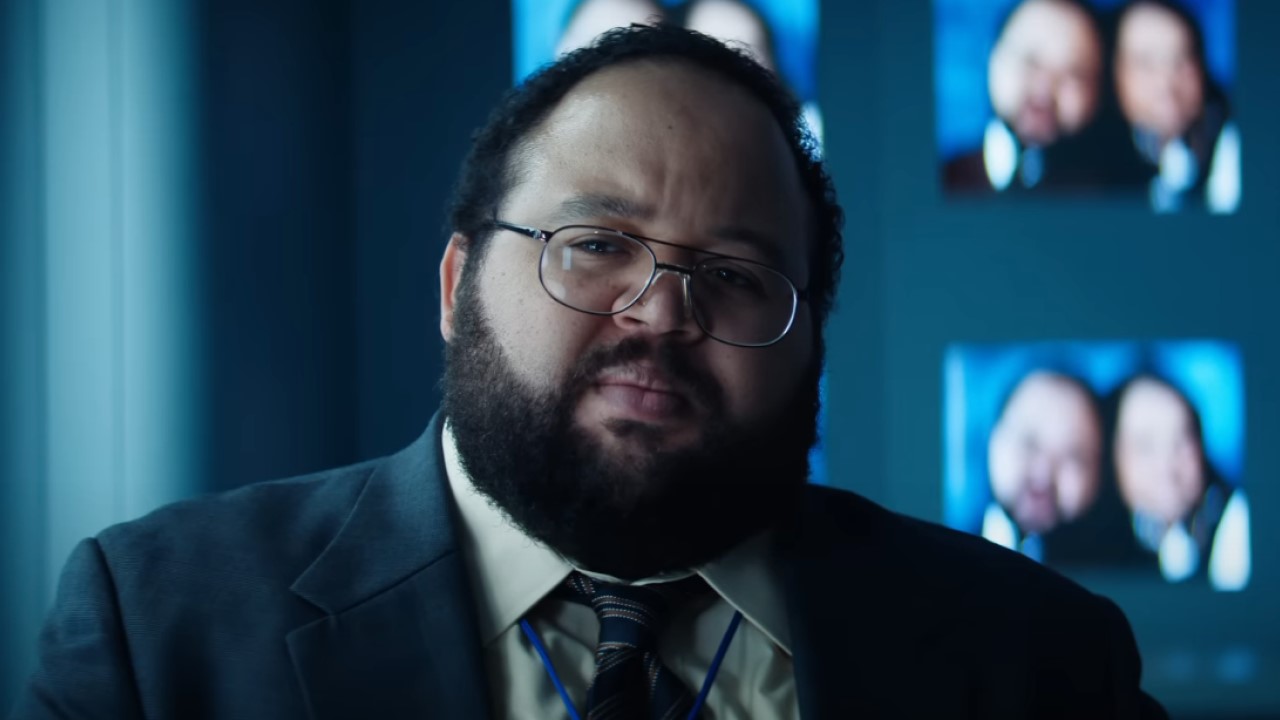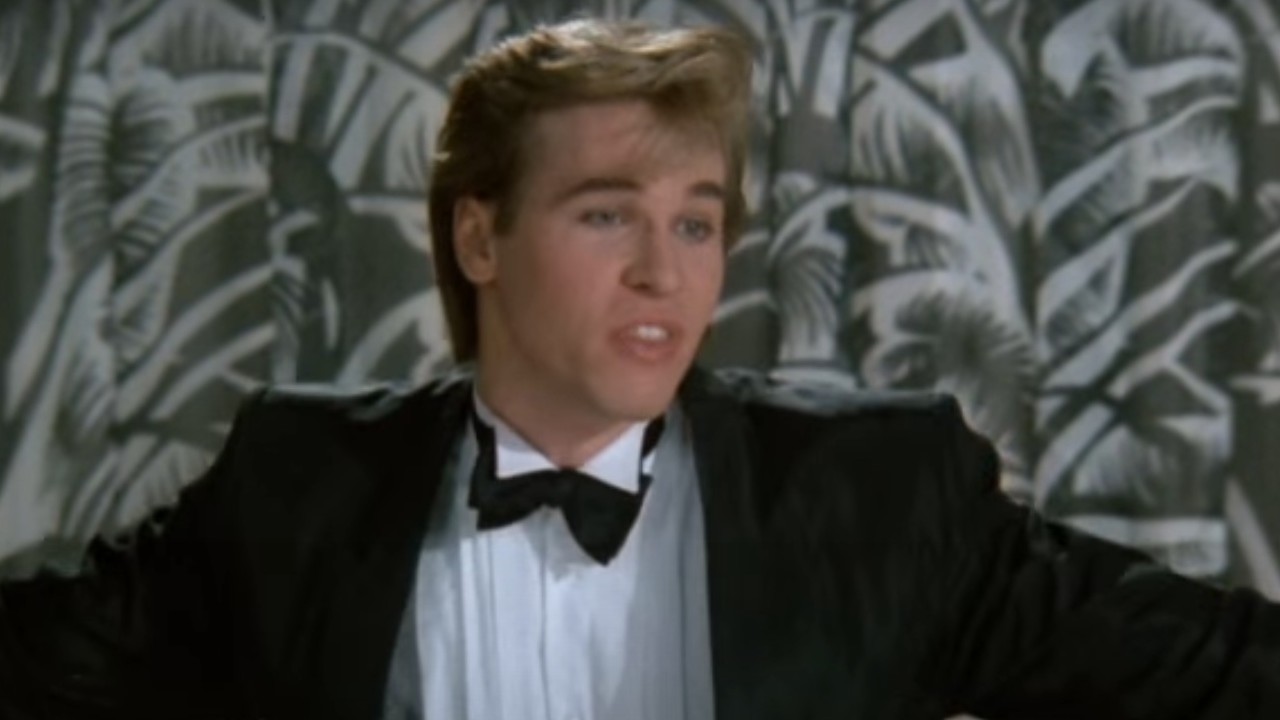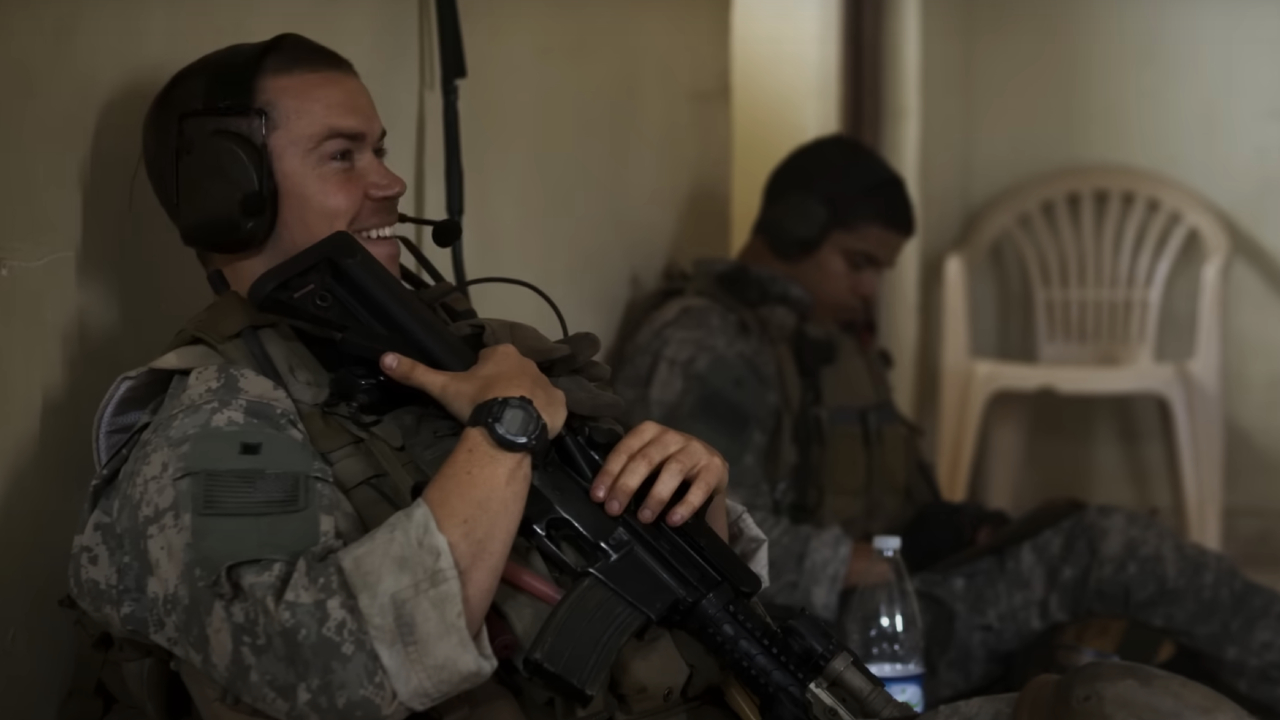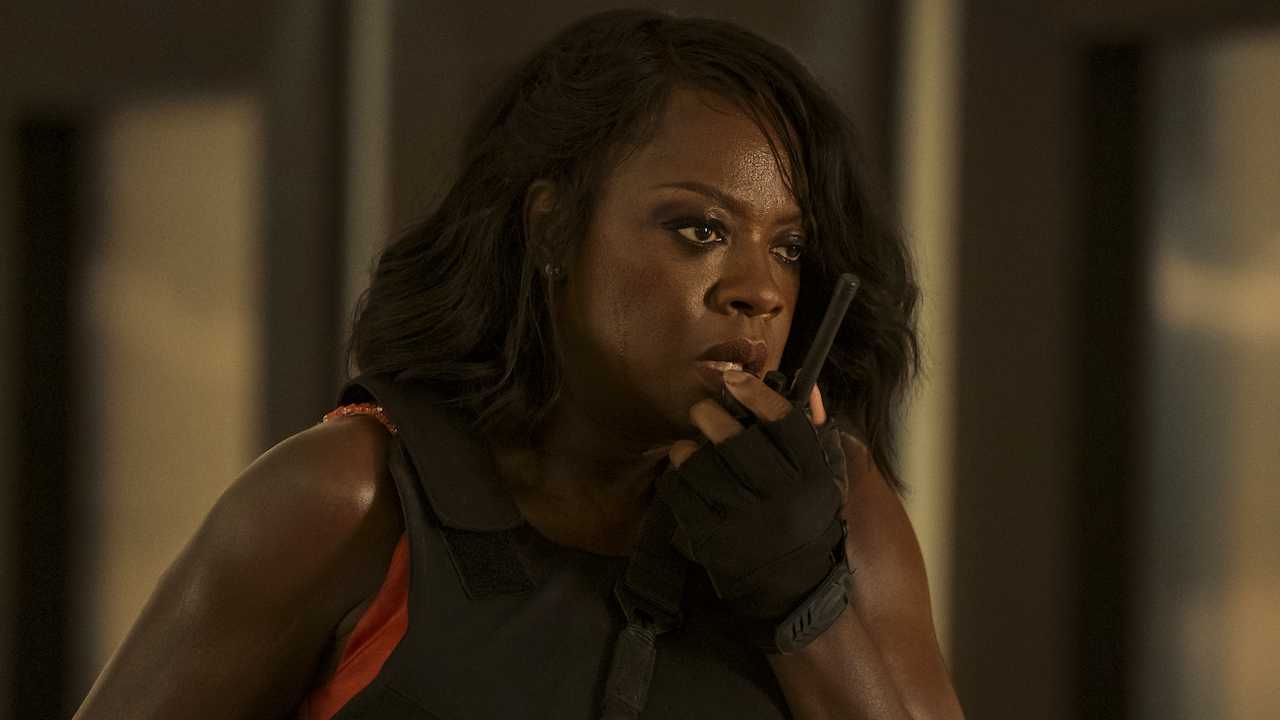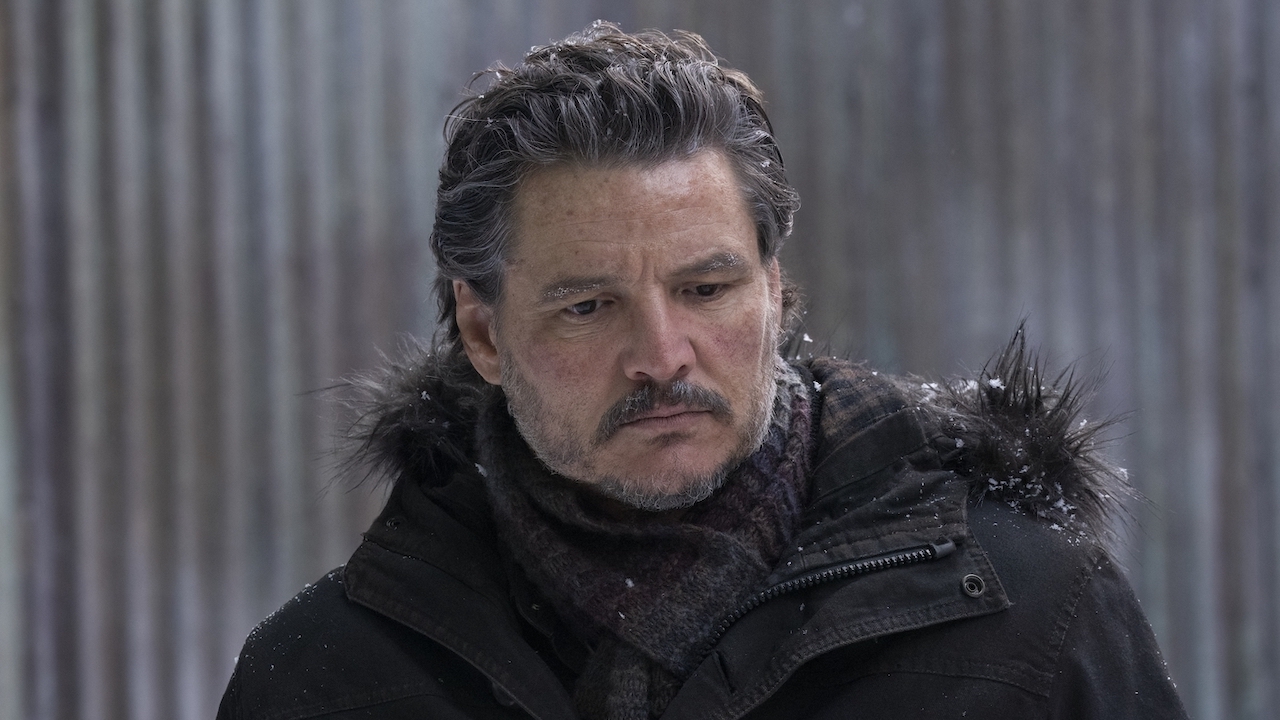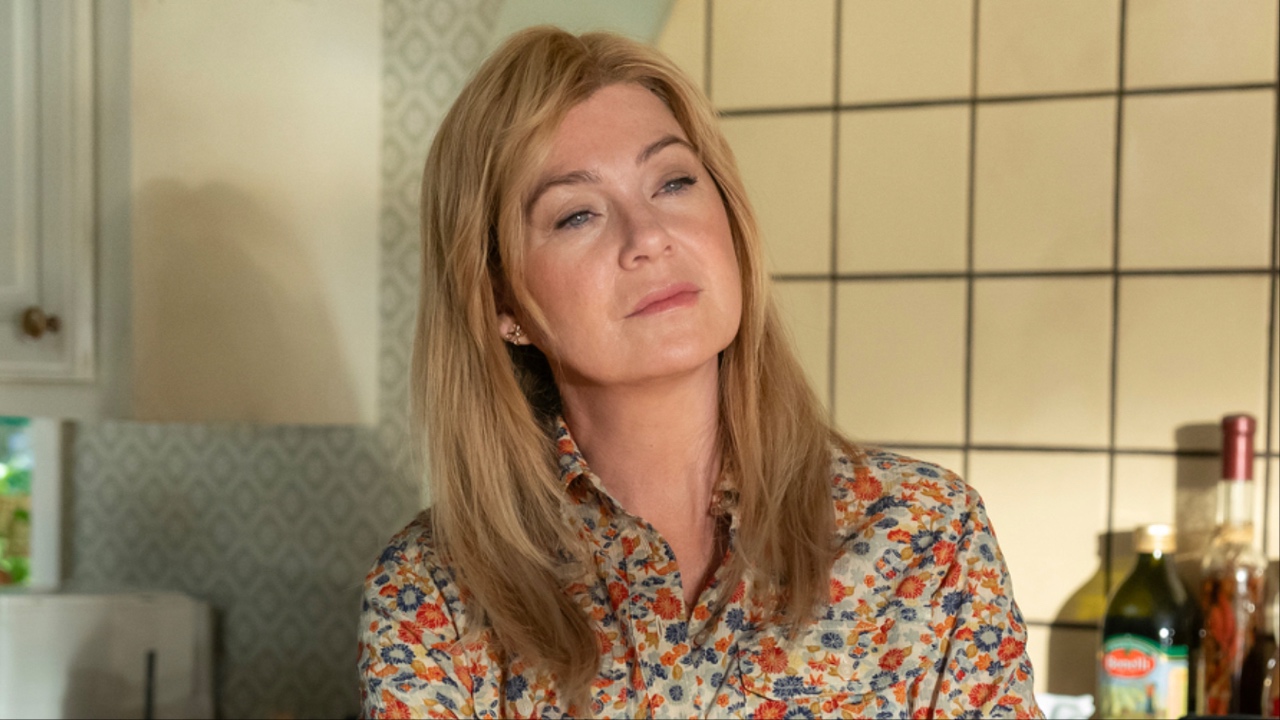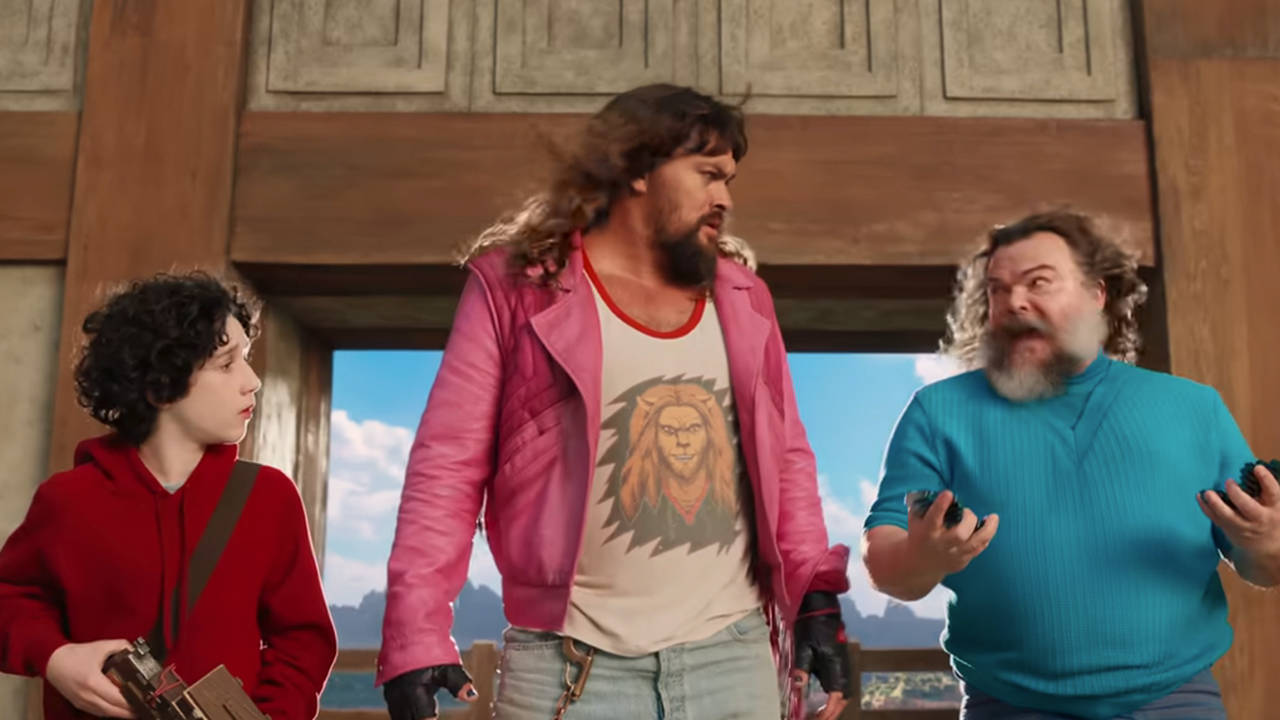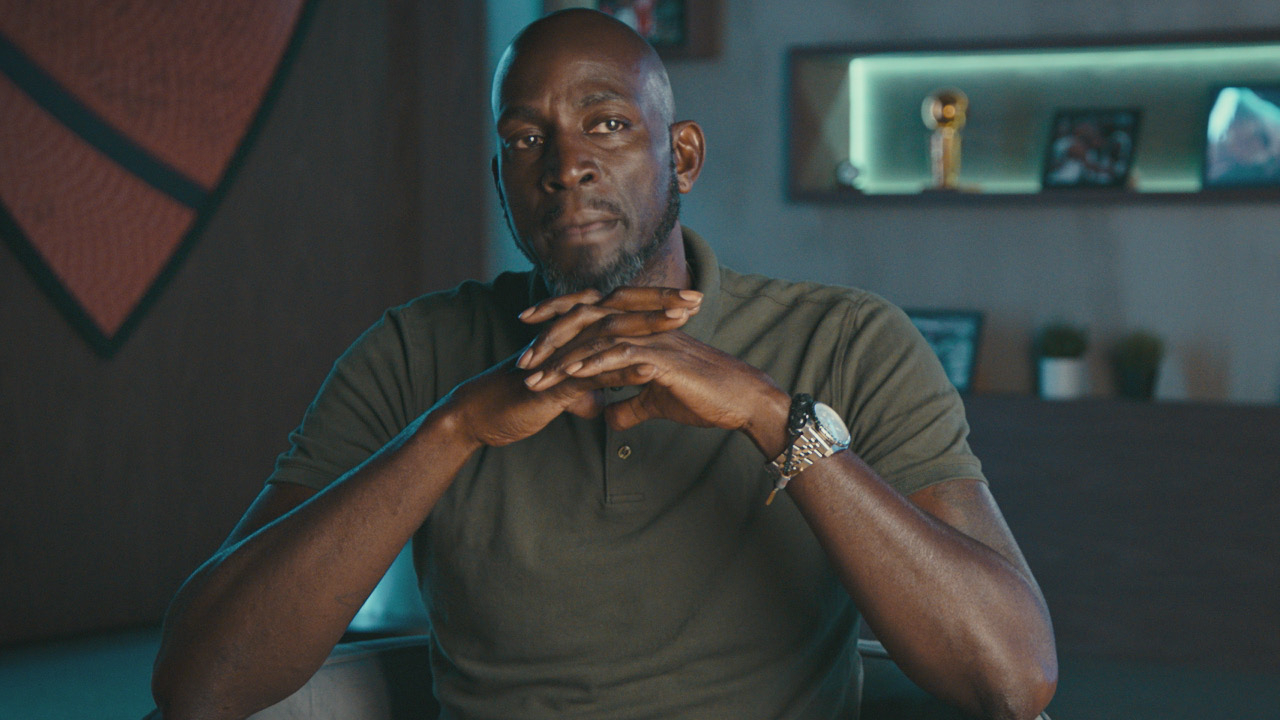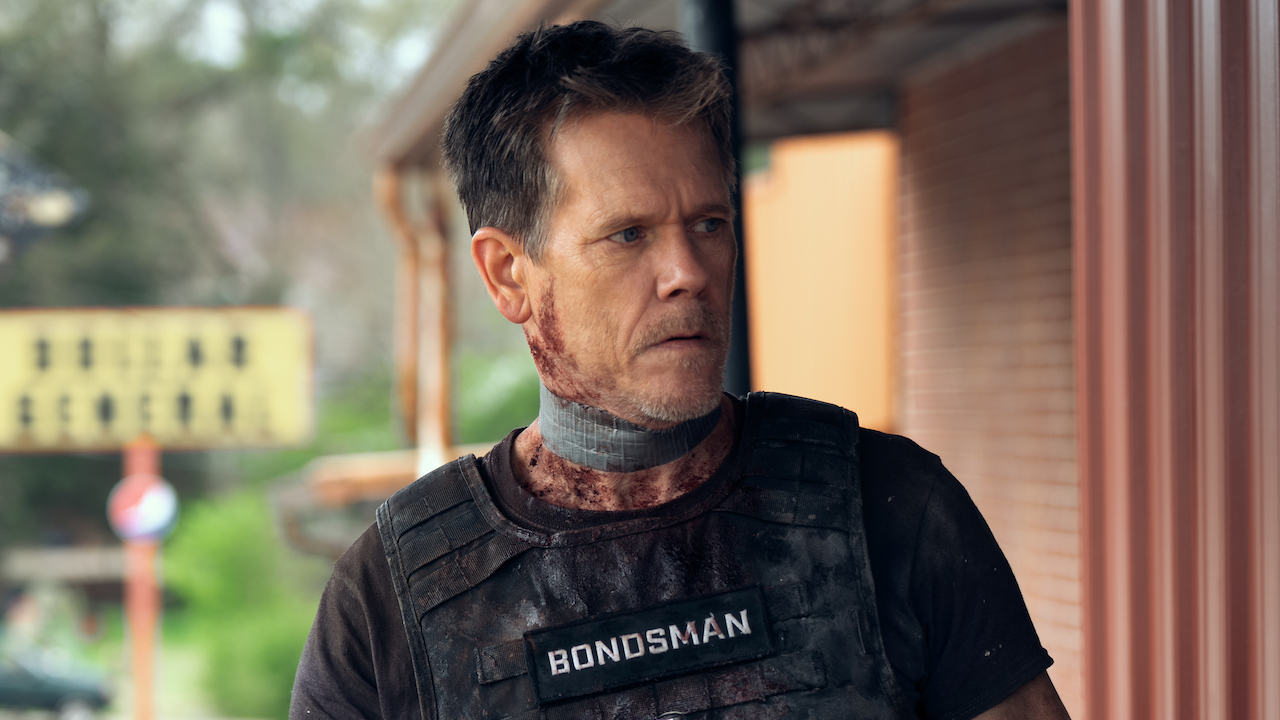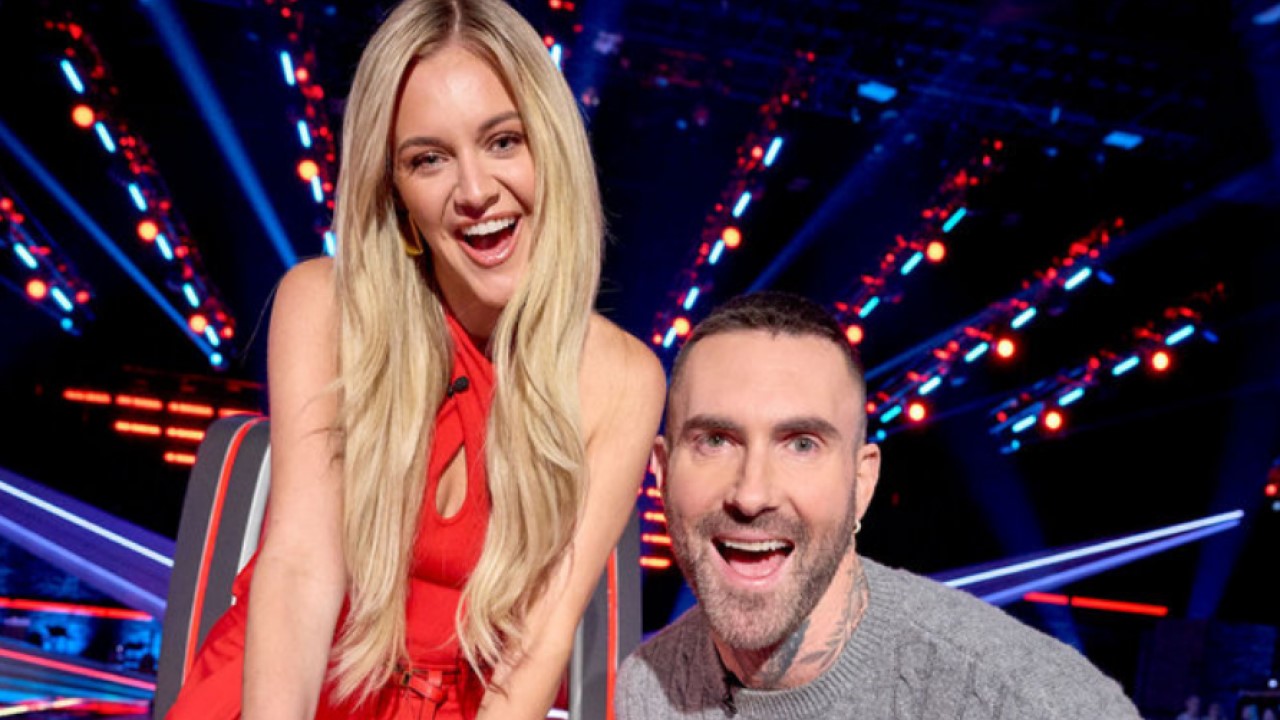Why I'm Glad WWE Is Re-Embracing Factions More (Even If It's Emulating AEW)
This is a great thing.
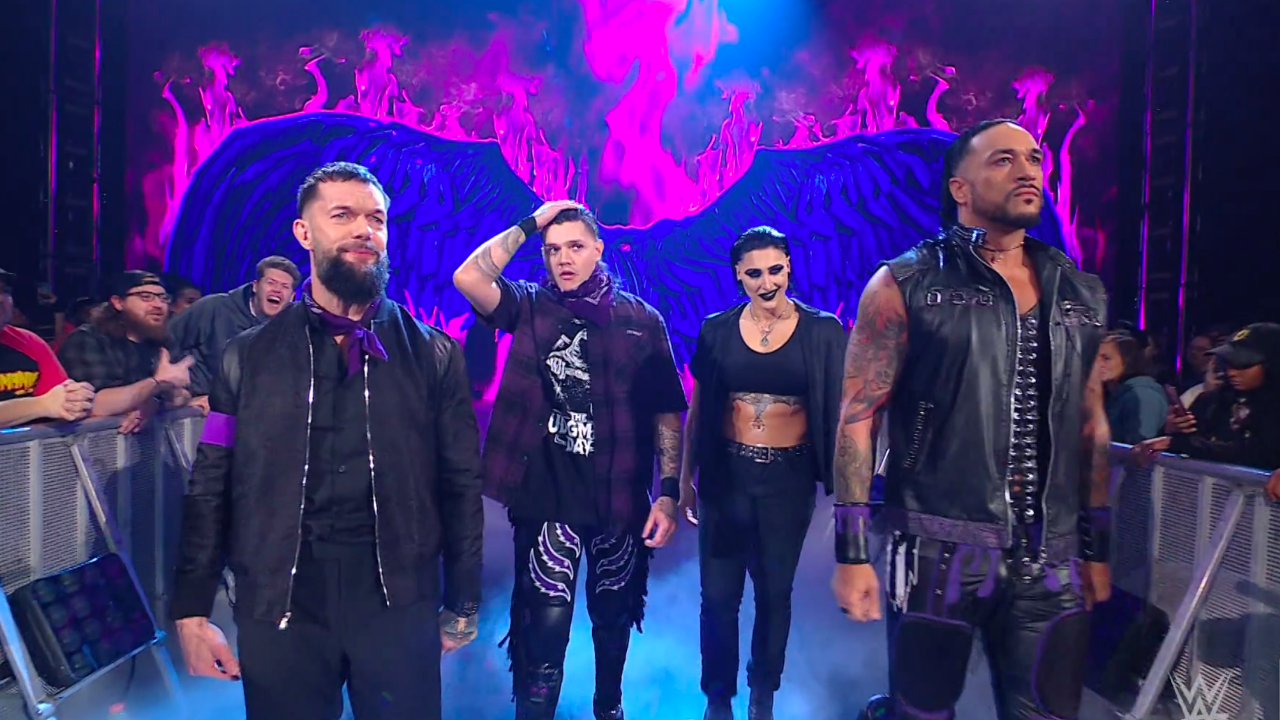
The WWE prides itself on being the gold standard for pro wrestling, but the top dog in any business can learn something from its competition. Whether the company's execs would want to admit it or not, there seems to be a key way the wrestling organization is emulating its biggest competitor, AEW, with factions making a big comeback in Vince McMahon's neck of the woods. And I, for one, am not mad about it.
Now, to be clear, the concept of factions and stables has existed in the WWE for a long time. With that said, it seems like there are now more than ever at a time in which the AEW has used factions for a bulk of its talent for some time now. Again, I'm not upset in the slightest to see the WWE re-embracing a trend it once used because a competitor found success with it, and I think it's benefitted the product in a number of ways.
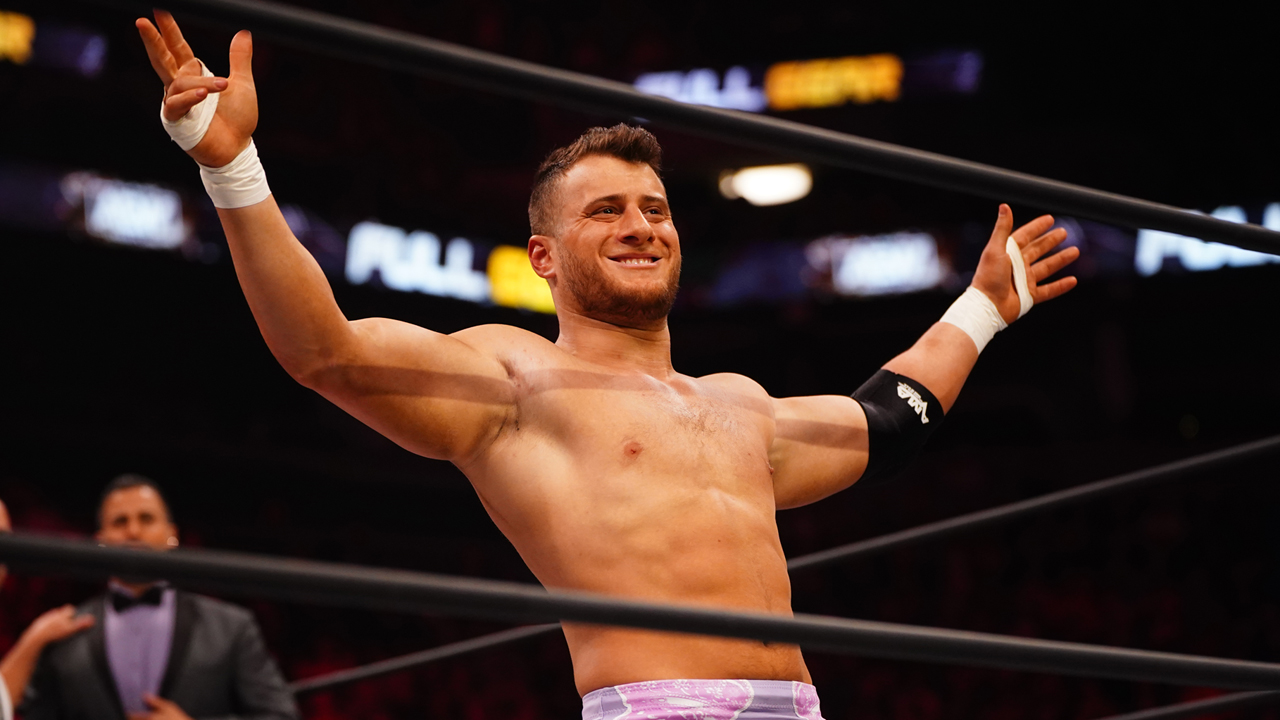
But First, Does AEW Really Deserve Credit For This?
Classic wrestling fans are well-aware that factions in the WWE are nothing new. Hell, factions even existed in the territory days, so it may feel weird to credit AEW with something that predates even the modern WWE. At the same time, AEW is the main competitor to the WWE at the moment, and AEW is very stable-heavy. The WWE hasn't been super stable heavy in a while, but that's really changed in the past year.
Did the WWE suddenly find out on its own that consumers like factions again? We may never know for sure, but I would argue this resurgence of factions does feel at least partly inspired by AEW. With that said, this really has nothing to do with AEW beyond that, and is more about how I love the WWE bringing factions back in full force.
Factions Have Given Multiple Superstars A Chance To Shine
The obvious plus of factions in pro wrestling is that it gives a greater number of superstars screen time and time to shine. Now it's not just Rey Mysterio strutting out to the ring for a match. It's Rey Mysterio and the LWO. The same goes for similar factions like the increasingly popular Judgment Day, The O.C., Damage CTRL, The Way, The Brawling Brutes and, of course, The Bloodline, just to name a few.
Instead of making multiple talented stars compete for a spot on Monday Night Raw and SmackDown, the WWE is pairing more and more superstars together and letting them share the spotlight. Furthermore, guys like Roman Reigns and the Usos are able to use their presence to push up-and-comers like Solo Sikoa, which helps elevate their status in the company on a much quicker timetable.
Plus, there's something that is inherently exciting about so many in the WWE factioning up. Singles superstars are cool, but it's becoming much harder to figure out which wrestler will come out on top when each competitor has a posse of 3-4 other wrestlers in their corner ready to jump to their aid. It feels like the great equalizer of the mid-card these days, so I'm excited to see how WWE further develops factions in the new era.
CINEMABLEND NEWSLETTER
Your Daily Blend of Entertainment News
Factions Are Far Better Than The Days Of Random Six Man Tag Matches
Before the WWE was as faction heavy as it currently was, it had a far less effective system for putting a ton of superstars on Monday Night Raw and SmackDown. We actually just saw one of these matches at Backlash, and I'm really hoping it's absent from other upcoming WWE events. The six man tag match has dominated the Monday Night Raw and SmackDown scene for years, and it's finally getting killed off a bit thanks to this new trend.
And while we're still seeing six people compete in main-event tag matches, it makes way more sense than what the WWE used to do under this format. It makes sense that the wrestlers tied to their factions would team up for a common cause to take on an opponent. It was far more awkward to see three faces who really don't interact much all band together to take on three heels who may not care for each other either.
I get that the WWE has to cater to live attendees who want to see their favorite superstars, but this traditional method of shoehorning them into a main event was awful from a storytelling perspective. Factions create more natural alliances amongst the wrestling roster and even results in camaraderie between factions. It's a much better way to handle getting a lot of superstars in the ring and should be the standard going forward.
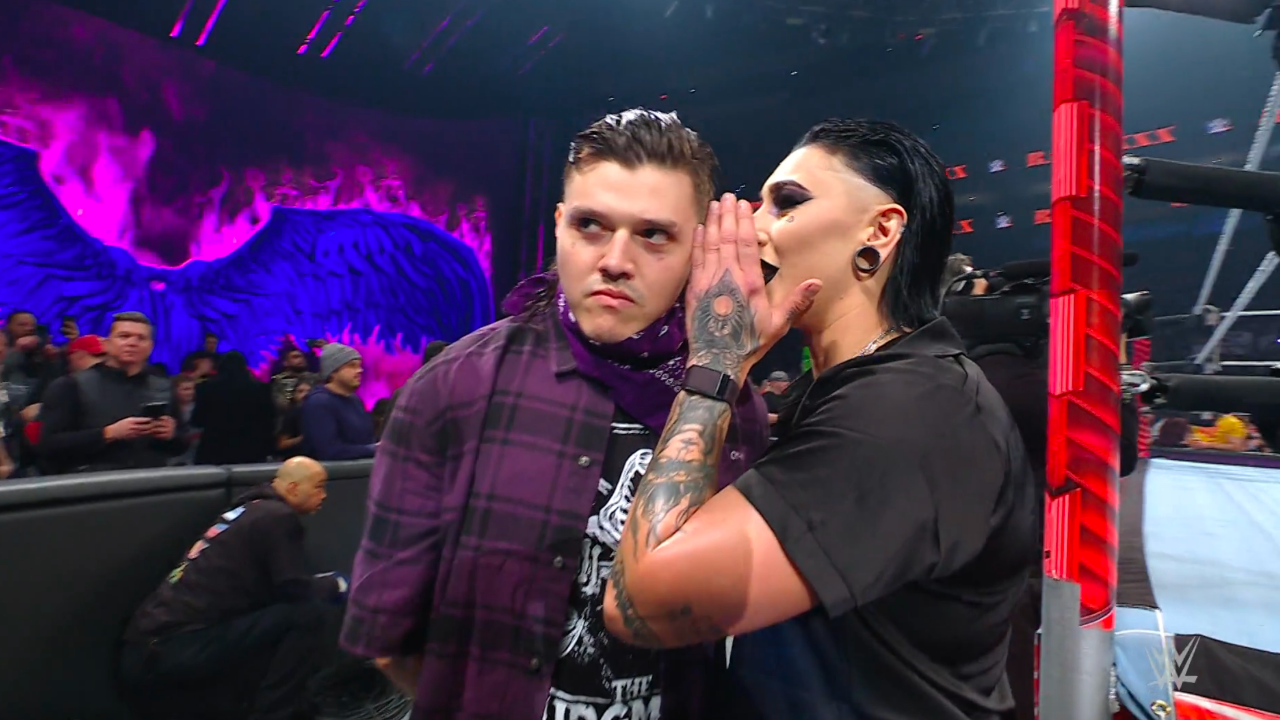
Factions Could Eventually Help Further Integrate Intergender Matches
Factions call back to the edgier days of pro wrestling, which may evoke some nostalgia in the hearts of WWE and AEW fans seeing it happen all over again. Another thing I love about factions is that it's helped break down the barrier of men and women competitors having separate segments on the show, and we're seeing more of women in the ring at the same time as men are and it not being about a relationship for once. Granted, there is Dominik Mysterio and Rhea Ripley, but let's be honest, it's all about the crowd hating Dom at this point more than anything.
It seems like the WWE is baby-stepping its way closer and closer to intergender matches, which isn't a bad thing. Granted, there's no denying there's still some taboo related to the idea of intergender matches, though, under the right conditions, I think that fans will be receptive to it. I think it's all in the execution, and the WWE is in a much better position to do it with class than it was in past decades.
For example, I wouldn't expect the 2023 iteration of the WWE to do anything as abhorrent as when the Dudley Boyz were brutalizing women in the ring in order to get cheap heat from the crowd. Years of that definitely soured the mainstream on the idea of men and women competing together in the ring, but I think there's a proper way to approach it in the modern era.
One great example of this was done in late-2022 when we saw now-champion Rhea Ripley take on Akira Tozawa. If you're looking for a textbook of how the WWE would handle regular intergender matches in the company, this is a great match to look at:
Akira Tozawa wasn't ever going to strike Rhea Ripley with his fists, but found ways to create offense in a way that still made the match engaging. I'll concede the match started off a little choppy, but it really picked up steam at the midpoint and had me wondering how the WWE would book Ripley against a more formidable challenger. I've mentioned elsewhere I'd love to see her take on Rey Mysterio at SummerSlam, which would fit in well with her ongoing feud between The Judgment Day and the LWO.
None of that works without factions, which, again, show why they are so vital to the good things happening in the WWE right now. Provided we don't get a faction that has like forty members, factions are going to be the gift that continues to keep on giving. Whether we owe thanks to AEW who popularized factions in the modern era I'll leave up to the reader, but I certainly think it warrants consideration.
Monday Night Raw airs on USA Network on Mondays at 8:00 p.m. ET, and SmackDown runs on Fox on Fridays at the same time. Here's hoping factions are here to stay, and that they'll continue to grow more important in the coming year.
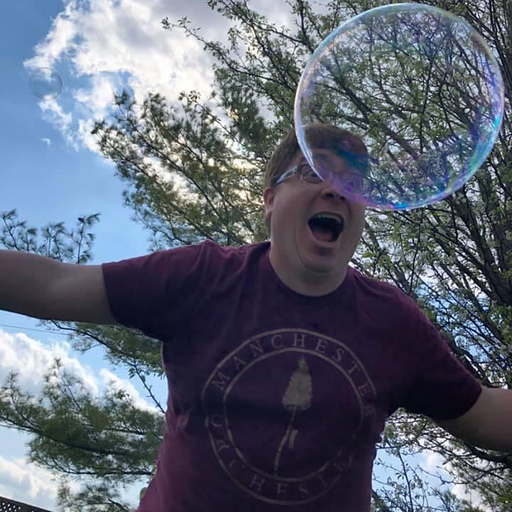
Mick Joest is a Content Producer for CinemaBlend with his hand in an eclectic mix of television goodness. Star Trek is his main jam, but he also regularly reports on happenings in the world of Star Trek, WWE, Doctor Who, 90 Day Fiancé, Quantum Leap, and Big Brother. He graduated from the University of Southern Indiana with a degree in Journalism and a minor in Radio and Television. He's great at hosting panels and appearing on podcasts if given the chance as well.
